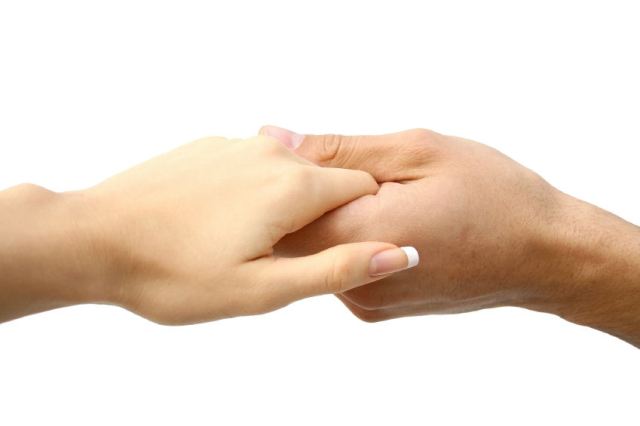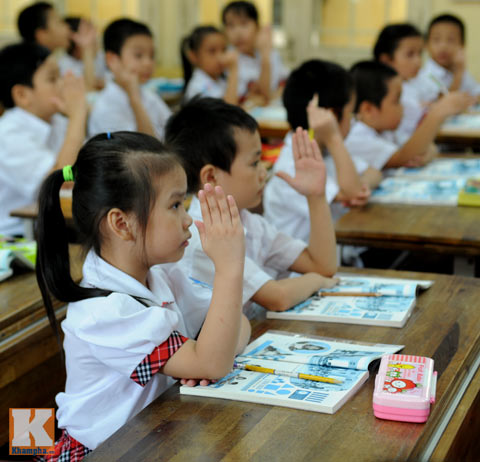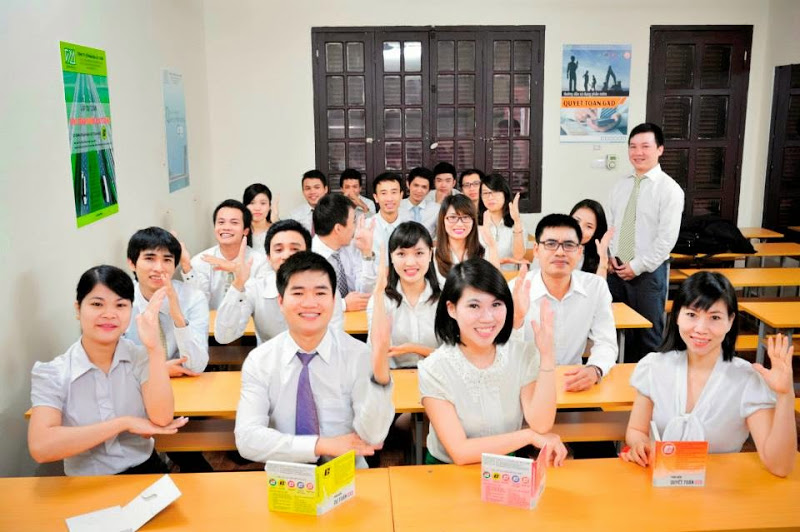To hear what isn't said
|
Here are some useful tips for effective communication with your Vietnamese friends or fellow workers:
A smile can have different meanings in Vietnam
Many Vietnamese don't know how to shake hands properly
Vietnamese children are taught to raise hand like this at school...
...and that's why it becomes the Vietnamese way of raising hand.
|
Key takeaways
More to read...
|




